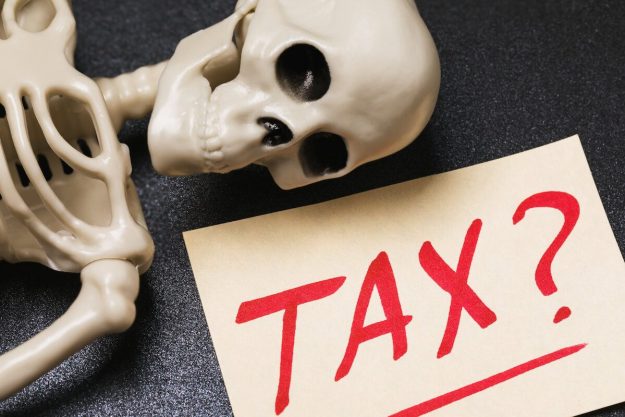SMSF – Is your reversionary pension really binding?

A super fund is, at its most basic, simply a ‘trust’.
The ‘trustee’ of the super fund holds the ‘member’s balance’ on trust for the ‘member’.
What most people don’t realise is that because the super fund is a trust, it’s governed by the rules of equity that set out how trusts must be run.
Let’s say you have a SMSF (Self Managed Super Fund) and you receive a super pension during your lifetime, and on your death you want your pension to be paid to your surviving spouse.


















